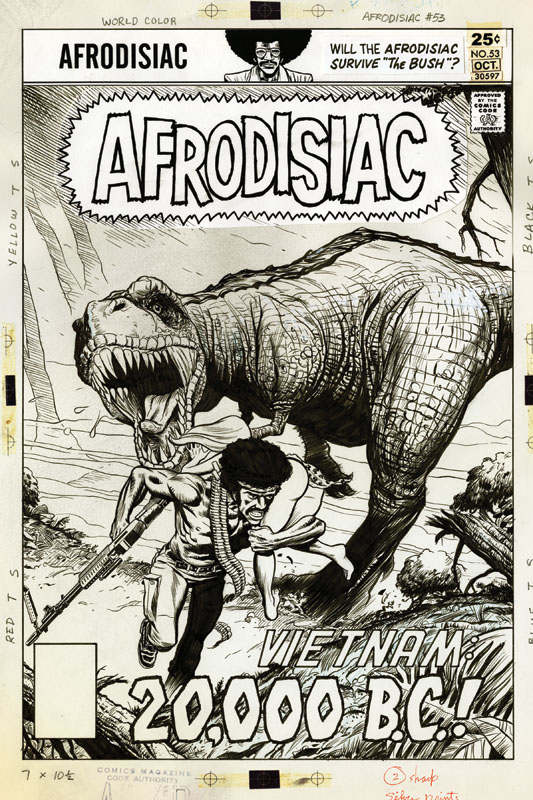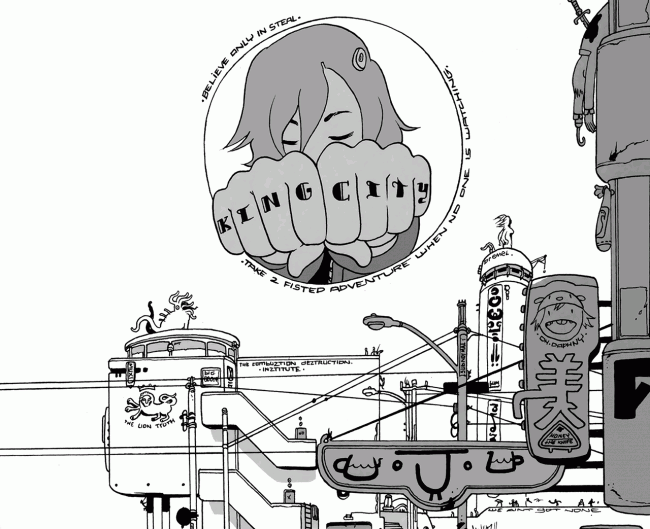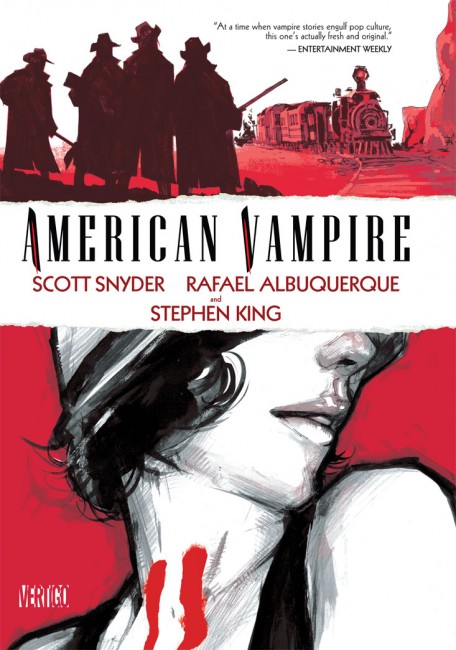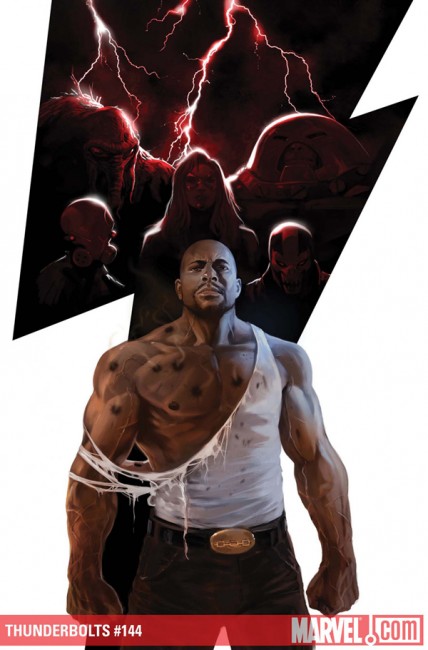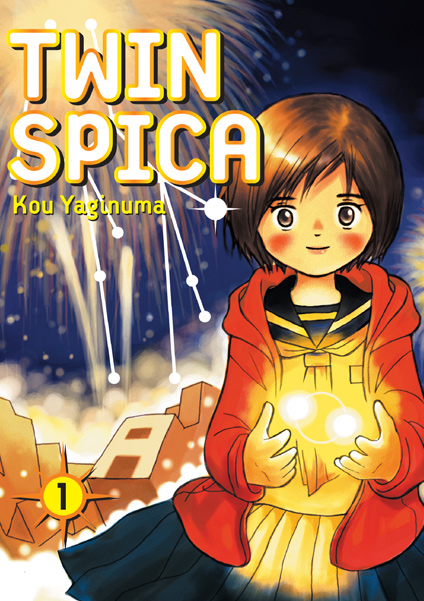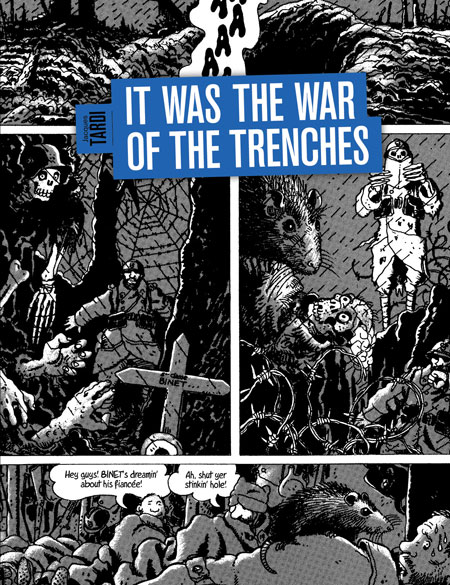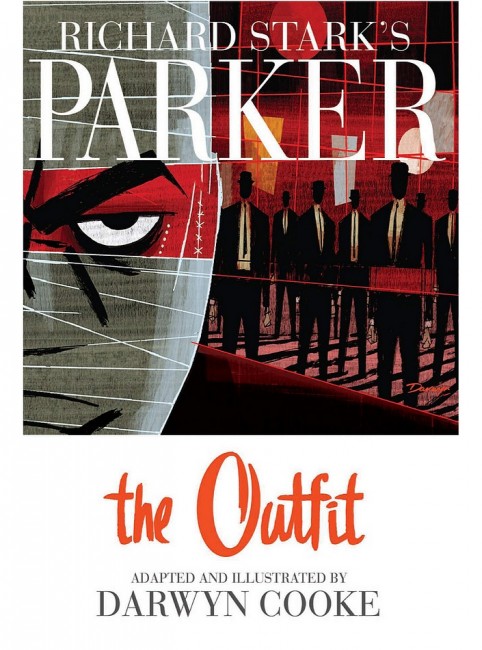
Best of 2010: Two That’ll Make You Feel It
January 11th, 2011 Posted by david brothers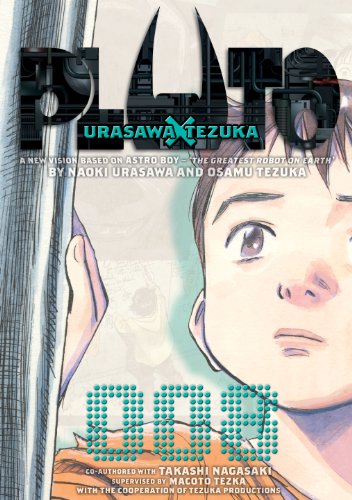
I don’t think I can top this, not really. But Urasawa’s masterpiece is about hate and love and what makes us human. It skips all the trite garbage every other robot story indulges in with regards to what makes a human being and just puts it right in front of your face. It trusts that you’re smart enough to get one of the simplest points in fiction.
Atom is a real boy. Gesicht is a man among men. They have real emotions, and they are just as real as you or I. These are facts. You can’t argue with them, because it’s plain as day right there on the page.
So, Pluto is about emotions. Those that are in us, the reader. Those that are within Atom and Gesicht. Those that lurk just beneath the surface of humanity, waiting to break free and burn everything down. It’s about control and hate and love, and it manages to do it without resorting to cheap tricks. It’s an autopsy on our emotions.
“Nothing comes of hatred.” You knew it was true going into the book, but that doesn’t make the message any less incredible.
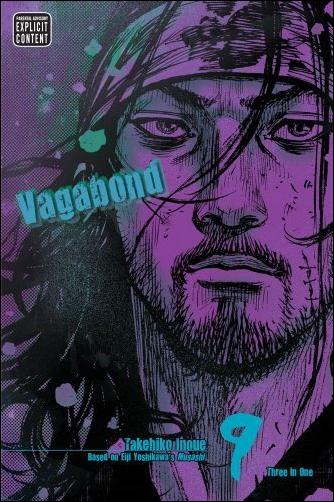
Inoue’s Vagabond is about growth. We see Inoue grow as he creates it, reaching heights a lot of people never well, and we watch Musashi grow as he gets into bigger and bigger battles. After the emotionally intense battle with Denshichiro of the Yoshioka school, you’d think that Inoue would give Musashi a breather after this fight and give the readers some cooldown time. Well, he does, but it only lasts a few chapters before Musashi is thrown right back into the mix.
Fearing the damage Musashi would do to their reputation if he gets away after killing the top two swordsmen in their school, the remaining members of the Yoshioka gang together to ambush him and take his life, no matter what. That’s seventy men against one. Impossible odds for an ambush. Thanks to pure luck, Musashi overhears their plan and decides to make his way out of town rather than face certain death. That was the mature decision. Anything else would be foolhardy.
The thing is, though, Musashi started out wild and undisciplined. He threw himself against better opponents like waves throw themselves against rocks, with no thought to whether he was worthy of the battle. He just wanted to prove himself in battle. He wanted to be the greatest. No matter what. He’s past that now, of course, and he’s begun to learn about kindness. He knows what he needs to do to become a good swordsman. He’s not driven by ego quite so much any more.
So when he turns around and begins running back down the mountain to meet seventy armed men in mortal combat, he knows he’s being stupid. But he’s also thinking about how he can take on seventy men and live and how tough the battle is going to be. He’s thinking about how the challenge is irresistible, and how, since they spared his life one year ago, he owes the past year to the Yoshioka. He owes it to them to meet their challenge, no matter how difficult it may be.
And then he steps out of the woods and into the middle of the ambush, catching his enemies by surprise. He disables one man, takes his sword, and then goes to work.
And in the end, after four hundred pages and one of my most favorite fight scenes ever, seventy men lie dead.

